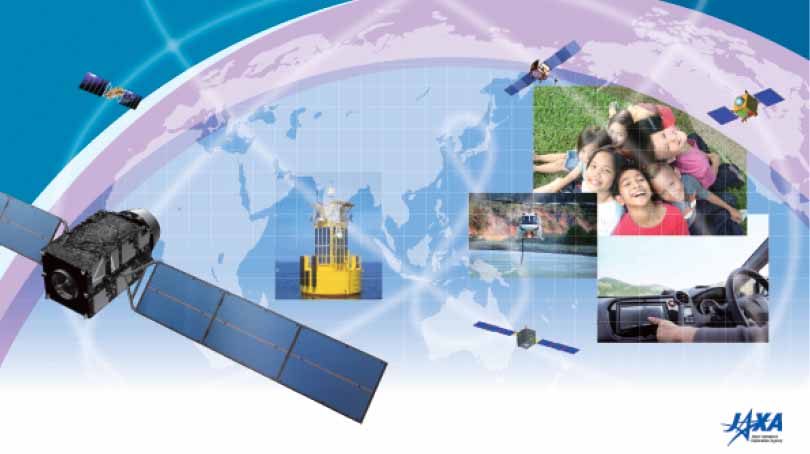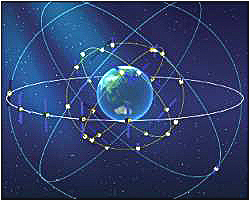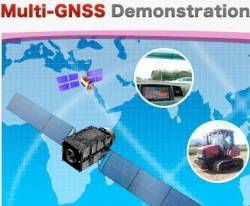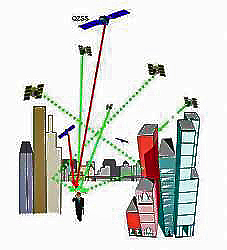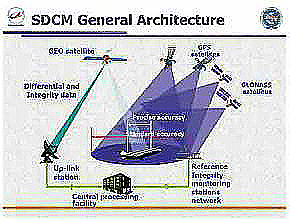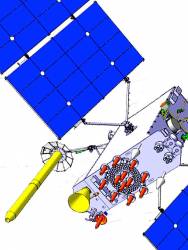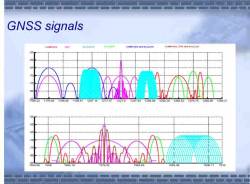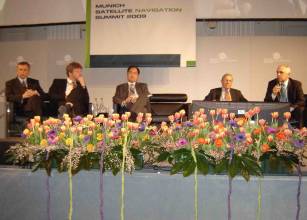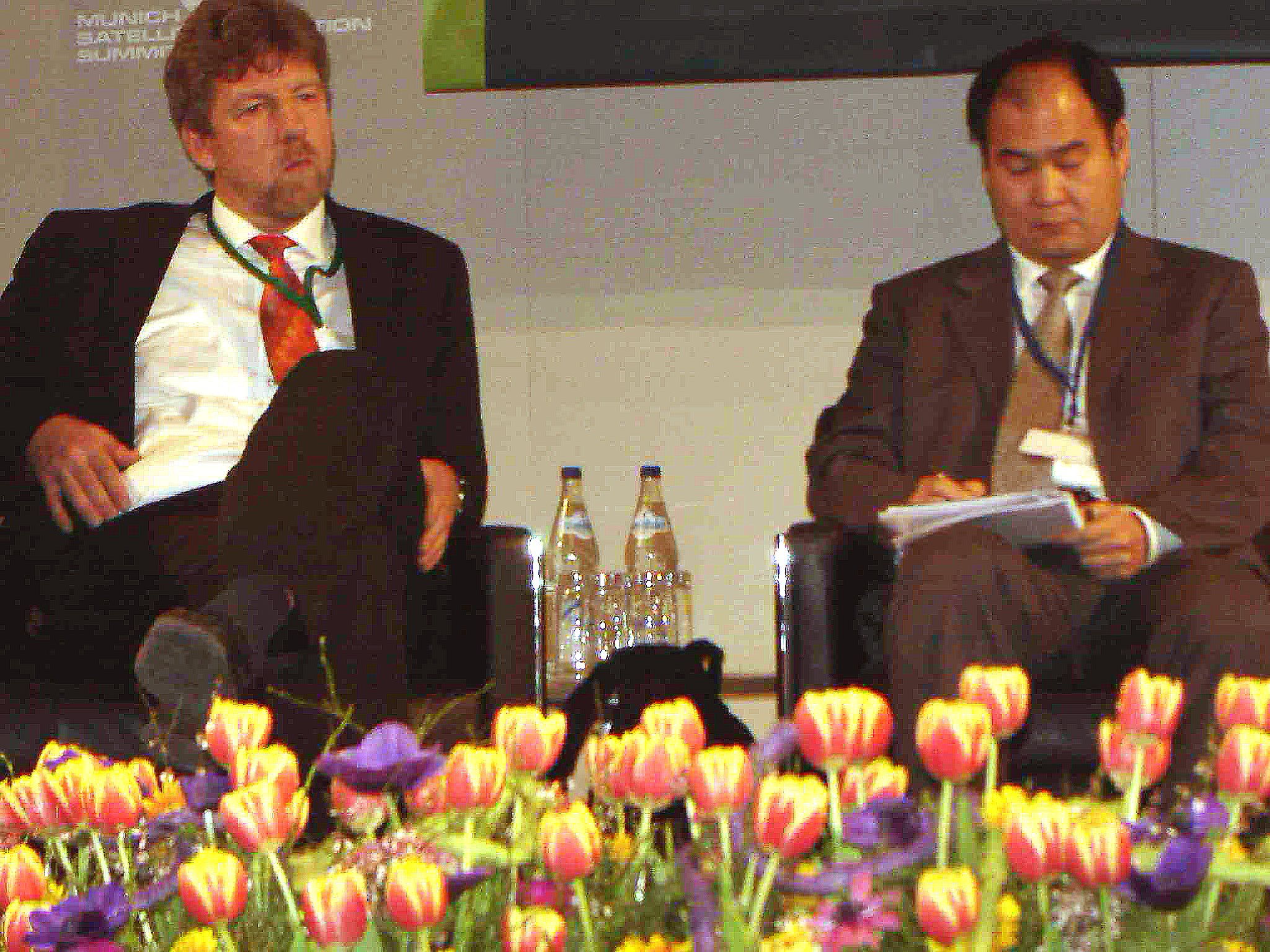Asia Multi-GNSS Demonstration Project Schedules Second Workshop in November
Organizers of an ambitious project in the Asia/Oceania region demonstrating the benefits and opportunities for using multiple GNSS systems are moving ahead in their effort to design and implement a five-year campaign.
The 2nd Asia Oceania Regional Workshop on GNSS will be held in Melbourne, Australia, on November 21–22, in the two days before the Asia-Pacific Regional Space Agency Form (APRSAF) annual meeting in the city.
By Inside GNSS
